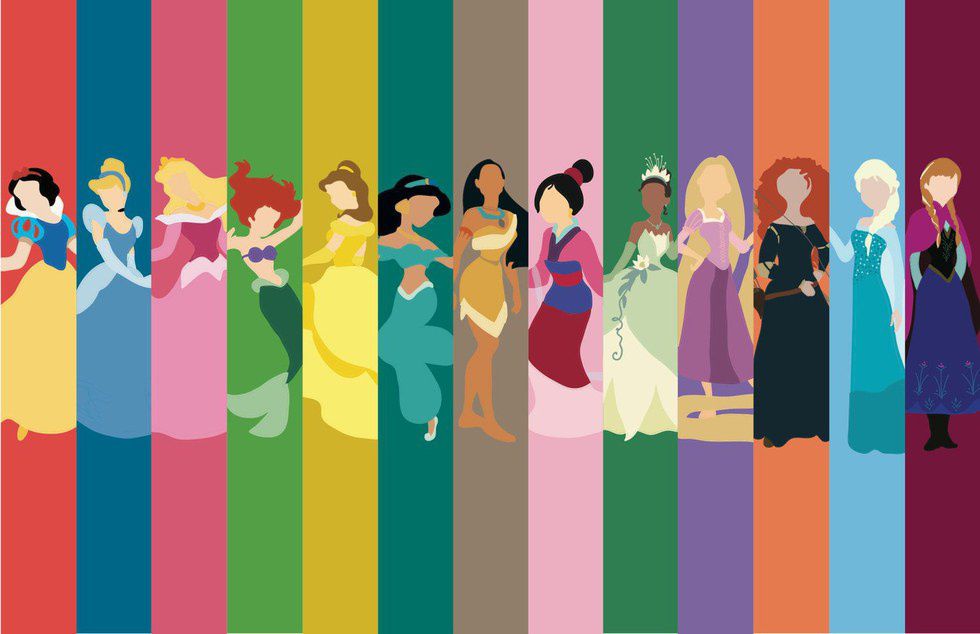Disney brought up a generation of feminists and that’s, nowadays, undeniable.
Even though in the first period the company focused on adaptation from fairy tales (such as the Grimm’s brothers ones) where women were considered less important compared to men, that gradually and significantly changed with time. At first, it may have brought attention to princesses whose role was to be saved, whose character was not really defined. Sometimes, feminists have moved critics towards the “classical” princesses, such as Cinderella or Snow White, portrayed as too weak and dependent on a male character. Another example is Ariel, who’s ready to abandon her family and drastically change her physical aspect for the hope of finding true love. Or again Aurora, the sleeping beauty who pretty much does nothing but sleep for the entire movie (we definitely appreciated the Maleficent movie starring Angelina Jolie way more).
But then, things changed and Disney started paying more attention to women and their role and that produced amazing effects on the audience, especially considering that the intended audience was children at the age where they are most responsive to any kind of stimulus and very likely to be influenced.
Of course, everybody thinks about the feminist phenomenon, “Frozen," the Disney movie that was incredibly successful, probably the biggest score the industry has made in the past ten years. Everyone instantly recognized the main character of the movie, Elsa, the blonde princess who has superpowers connected to cold and snow. Everybody has, at least once in their life, whistled the theme song, “Let It Go," that is crucial when Elsa realizes that she doesn’t want to hide her true self anymore. The movie focuses on female figures, sisterhood and lots of people also assumed that Elsa could be the first Disney princess to be a part of the LGBT community, due to the song's lyrics.
A similar hero is Mulan, the Chinese girl who pretended to be a man so that her injured and elderly father would not fight against the Huns, and eventually saved the Emperor of China and the country itself. Mulan had to survive military training which was incredibly difficult. That’s when Disney blessed us with a song that is without any doubt amongst the best songs to ever be in a soundtrack for a movie, “I’ll Make A Man Out Of You." Even though the title is sexist, things turn out to be pretty ironic, especially considering it's actually a woman who saves everyone. Twice, if you count the sequel.
Disney has understood, far earlier then most of people, that every woman has a different aspect of their personality that makes them unique, original, and strong. It’s up to them, but also to society, to push them so that they can be the best version of themselves possible. The persistent theme, even though these movies have been developed years apart, is to break every pre-imposed concept, bend and break the rules in order to offer a different view of women’s personality. The role of women is no longer subjected to a man, fathers, brothers or husbands. Every girl is given the chance to raise and demonstrate their true value.
And perhaps the most feminist statement is that, given that men and women have the same rights and duties: women can be strong and independent without having to find their Prince Charming. Incredible changes, considering the stereotypical Disney prince who basically had to babysit the princess and made sure she was safe.
And it’s only the beginning, let’s see what Disney has to offer in years to come.












 The minimum wage is not a living wage.
StableDiffusion
The minimum wage is not a living wage.
StableDiffusion
 influential nations
StableDiffusion
influential nations
StableDiffusion











